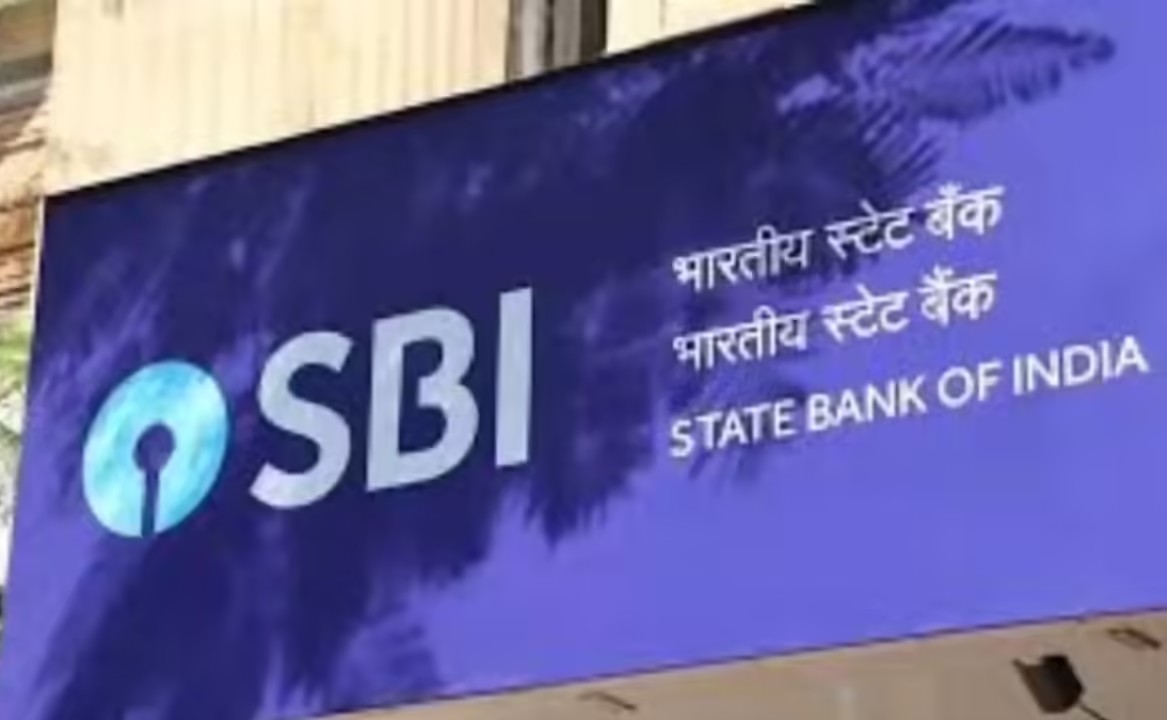State Bank of India (SBI), India's largest bank, can be on the cusp of a mass-market re-rating—albeit not for its conventional banking, but for the as-yet untapped potential of its vast network of subsidiaries. Combined worth of over Rs 3.5 lakh crore, these non-banking subsidiaries could be the hidden drivers that alter investor sentiment and unlock new shareholder value.
Valuation Spotlight
SBI's subsidiaries range from insurance, asset management, to capital markets and investment banking.
The experts estimated the total value of SBI's non-banking business at over Rs 3.5 lakh crore—equivalent to 45 percent of the bank's present market capitalisation.
Despite this, the subsidiaries remain under-reflected in SBI’s stock price, creating a potential value unlocking opportunity.
Subsidiary Powerhouses
SBI Life Insurance
Market cap: Over Rs 1.4 lakh crore
SBI has a 55.5% holding
One of India's top private life insurers with strong premium growth and profitability
SBI Cards and Payment Services
Market cap: Around Rs 90,000 crore
SBI owns 69.4%
India's second-largest credit card issuer with extensive digital penetration
SBI Mutual Fund (via SBI Funds Management)
Assets under management: Over Rs 10 lakh crore
SBI has 63%
India's largest asset manager by AUM
SBI General Insurance
Approximate worth of Rs 20,000 crore
SBI has 70% stake in it
Market leadership in health, motor, and commercial insurance market segments
SBI Capital Markets and SBICAP Ventures
Large investment banks, project advisory, and private equity operators
Oversee funds such as SWAMIH and Neev, funded by the government and institutions
Re-Rating Triggers
Experts feel that monetization or strategic listing of SBI Mutual Fund and SBI General Insurance can unlock massive value. A structure of holding company or a partial sale of stakes can help reflect their true value in SBI's consolidation valuation.
Higher return ratios, stable net interest margins, and minimal credit costs in the core banking operations also support the re-rating hypothesis.
Market Sentiment and Analyst Opinion
SBI's stock has trailed private counterparts with sound fundamentals.
Brokerages indicate that if the bank can improve the demonstration of value of its subsidiaries, it is possible to significantly revise its price-to-book multiple upwards.
The consolidated earnings of the bank are already being supported by dividend income and capital gains from these arms.
Closing Note
SBI's Rs 3.5 lakh crore secret does not lie hidden in the balance sheets—it is in plain sight. As India's financial market changes and investors seek diversified exposure, the bank's subsidiaries can well be the turbochargers for its next valuation kick.
Sources: Business Standard, Moneycontrol, The Hindu Business Line, Economic Times, SBI Annual Reports, ICICI Direct Research
